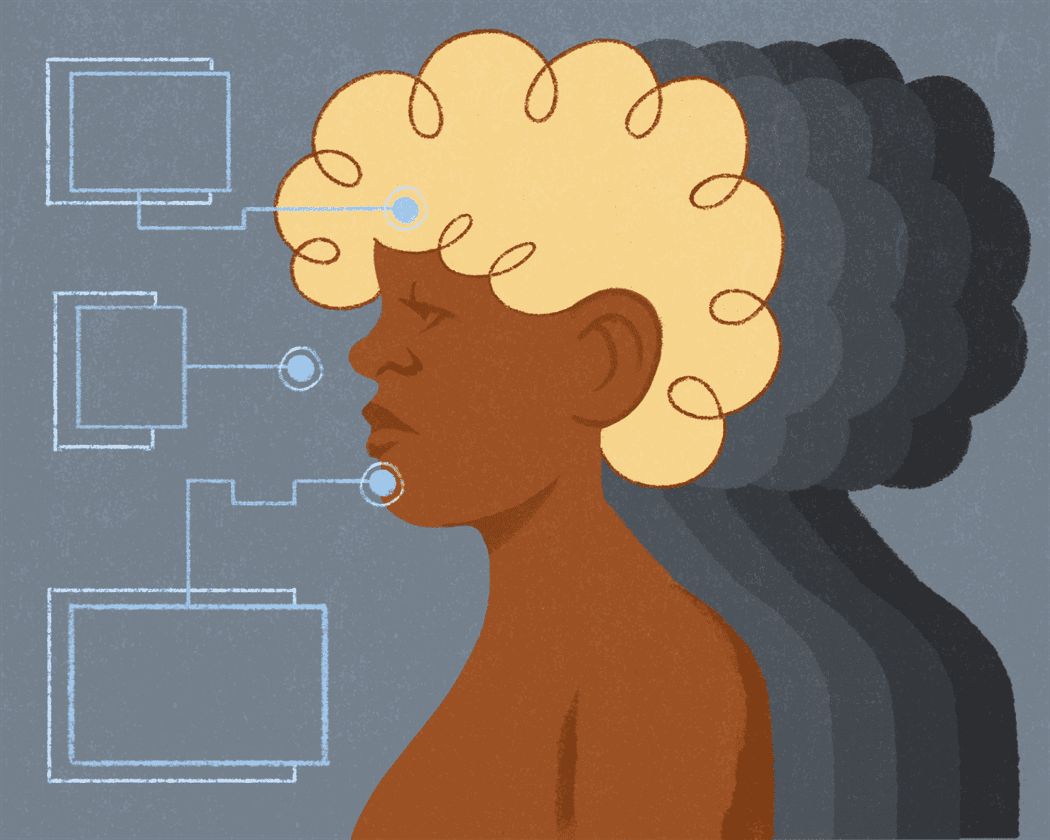Dehumanization is defined as the process of taking away positive human characteristics and qualities. When you think of the 21st century and the Black Lives Matter movement, you must consider the root causation of systemic and institutionalized racial prejudice. The historical connotations of the word “black” continue to cause prejudices today, increasingly in a medical context.
According to Peter Conrad and Meredith Bergey, medicalization is the theory and process of labeling nonmedical problems such as gender, sexuality, obesity and premenstrual syndrome as medical syndromes requiring treatment. Even worse, as the medicalization of ordinary life continues to intensify, it also amplifies “race-based diagnostic tools and treatment guidelines that reinforce antiquated and scientifically inaccurate notions of biological race,” resulting in increasingly aggressive actions by medical personnel against Black Americans.
The lingering effect of Jim Crow laws has long since been evident in the racial divide of American history, from the Tuskegee Study to the ever-persistent historical cases of racial violence, medical inequity and proliferation of human experimentation on Black Americans. Jim Crow laws are defined as racial segregation laws enforced mainly in the Southern half of the United States during the mid-1800s up until the mid-1900s. Jim Crow laws, often called black codes, were used to prevent “colored folks” from voting, drinking or using white public amenities, as well as limiting “black” access to economic gain and employment.
Today, skin color binary is no longer a model for racial prejudice, and Jim Crow laws are technically banned, though their remnants are disturbingly apparent in some parts of the United States. Instead, the more nuanced discriminations between color tone or “degrees” of Blackness is now a factor of disparate treatment, heralded by bigots and racists as the new Jim Crow laws of the land. Additionally, the medicalization of racial prejudice has brought satire to the foul odor of systemic racism.
The word “Black” has a rich racial history. From the word “preto,” found to be racially acceptable in many Latin and Portuguese cultures, to the word “negro” found in the Italian and Mediterranean region, to the even now more common term, “black,” found in nations around the world, being Black was never a disease to be classified in Eastern and Western cultures.
However, as cancel culture continues to proliferate worldwide, colorism and colorblindness have replaced racism as a platform for dehumanization and Jim Crow tactics. The number of people harmed has multiplied by the weight of pure hereditary context.
Racial rhetoric continues to seep through the American populace as a fad that can be taught and cogent as a mode of validating dominant ideation. But we are no longer primordial creatures.
We must stop the propagation and the thirst for inherent evil as a cause for cruel microaggressions. We must rise to the occasion, cast away our unhealthy rhetoric and seek the remedy of law, ethics and racial justice.
Conflict is not a eugenic domain. The best apology is the one we can give ourselves. And in the end, only real measures create real change.



